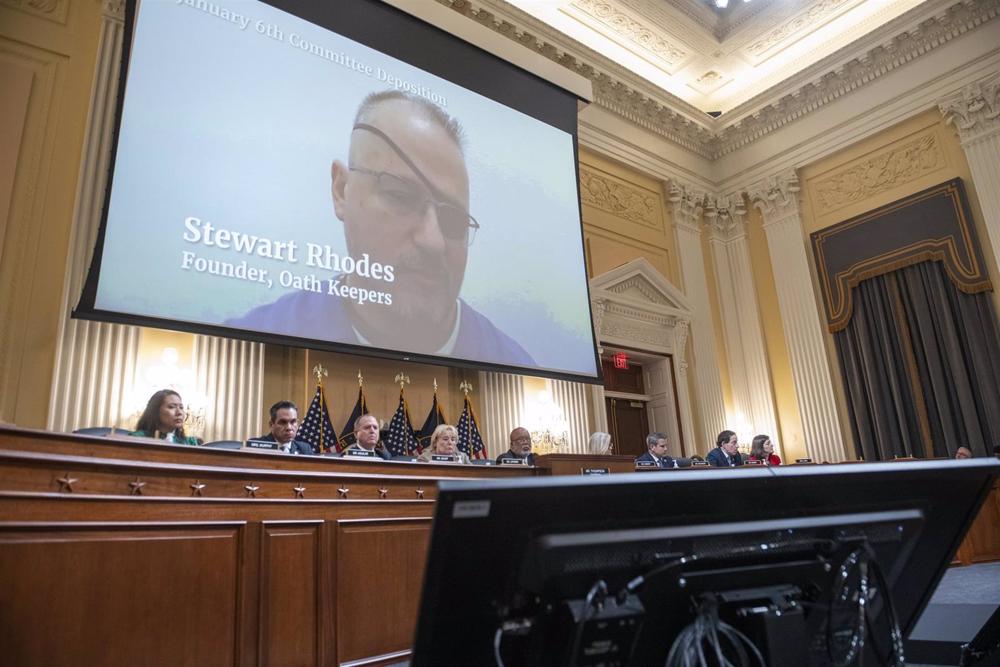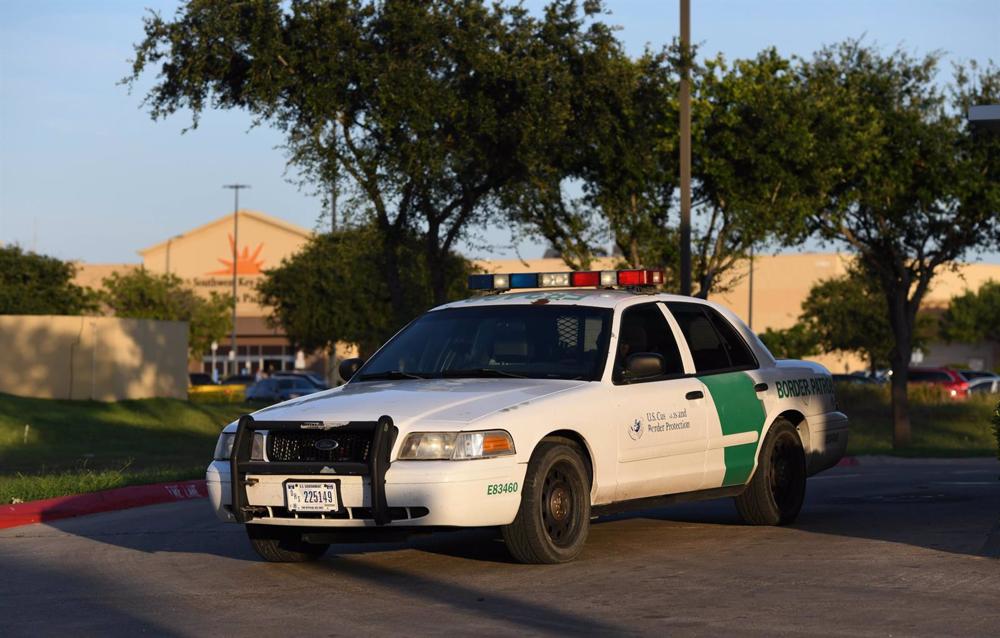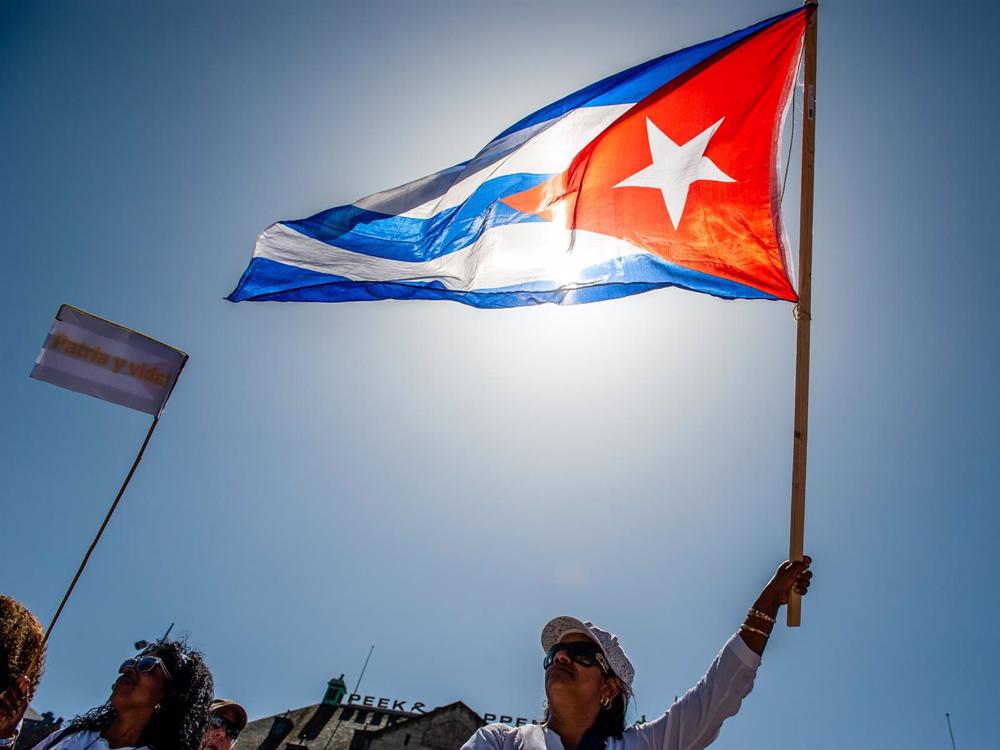
The founding leader of the far-right Oath Keepers militia, Stewart Rhodes, has been found guilty of sedition, along with another of its members, as part of a U.S. trial over the group’s role during the assault on the Capitol.
Kelly Meggs, 53, head of the Oath Keepers’ Florida chapter, has also been found guilty of sedition charges in the first trial in more than a decade of an extremist group in the United States for such crimes.
The other three defendants, Kenneth Harrelson, 41; Jessica Watkins, 40, an Army veteran who served in Afghanistan before joining the group in Ohio; and Thomas Caldwell, 68, an FBI employee and former Navy commander who has denied belonging to the group, were acquitted of the charge, according to CNN.
On the other hand, the five defendants have been found guilty of obstructing an official proceeding and aiding and abetting their actions on Jan. 1. Watkins has also been found guilty of one count of civil disorderly conduct and aiding and abetting, as she admitted during the trial that she pushed the police officers during the assault, according to NBC.
For weeks, the prosecution has shown social media messages, emails, videos and call logs to evidence coordination between the defendants before, during and after the attack. The evidence shows that some of them traveled together to Washington and hid weapons in a hotel in Virginia.
For its part, the defense has argued that Rhodes’ presence in Washington was in his interest to act as a «peacekeeper» if clashes broke out between Trump supporters and anti-fascist groups, and while it acknowledges «terribly heated rhetoric,» that is not synonymous with an agreement to overthrow the Biden Administration.
Rhodes, 57, has been at the helm of the group since he founded it back in 2009. He is a former Army paratrooper who is currently on remand in Texas following a court ruling warning that he has the ability to «fund future insurgencies.»
Rhodes’ case was the first major indictment of a member of these militias present at the January 6 uprisings. Until then, the other members of these groups, such as Proud Boys or Three Percenters, although accused of conspiring to hinder a legal process, did not include the politically charged nuance of sedition.
Sedition and conspiracy are the most important charges that have been brought against the approximately 850 people who have been arrested for their participation in those riots. The main charge brought by prosecutors is unlawful entry into a restricted place, while the other most recurrent charges are assault or resistance to authority.






